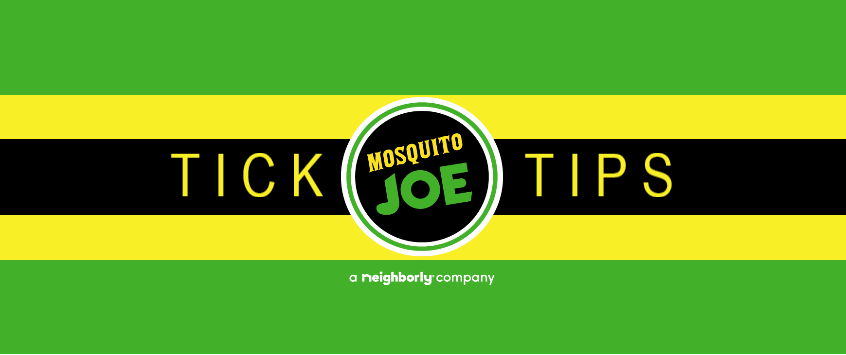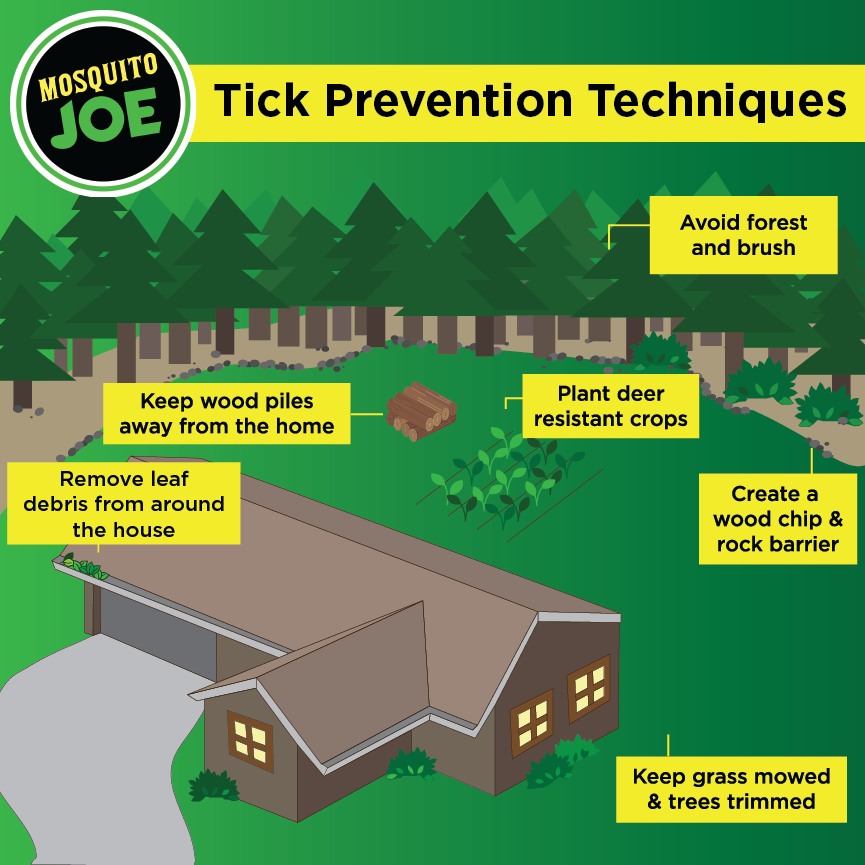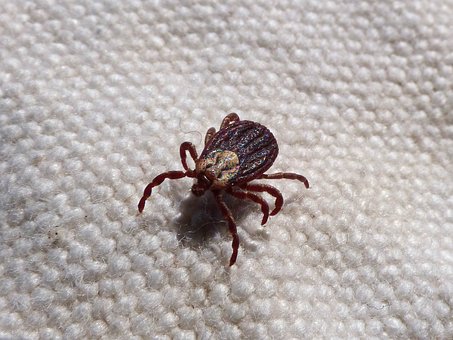Ten Tips to Avoid Ticks

No one wants ticks in their backyards, nor do they want to worry about the diseases many species of ticks carry. This includes Lyme disease, which is a concern for those living in the state of Connecticut. Ticks can often be found in low-lying shrubs, long grass, brick walls and piles of wood, and they can attach to a person without them noticing. Here are ten handy tips to reduce the risk of an encounter with a tick when out and about!


Make sure the grass is regularly mowed and the trees and shrubbery are trimmed – especially shrubs and plants that are low to the ground. Ticks are known to breed in densely covered areas and prefer to seek coverage in lower areas as opposed to higher ones.
2. Move Any Wood Piles Away from Your Home
Piles of wood are an ideal hideout for ticks, mosquitoes, and other pests. Keep any wood piles away from areas that are in frequent use, such as the house itself, decks, pools, play areas, and backyard furniture. This will lower your chances of coming into contact with ticks when enjoying the outdoors.
3. Keep Kids and Pets Out of Highly Wooded Areas
As we said, ticks love densely covered areas. Wooded areas and areas with long grass are a hotbed for tick activity. Move swing sets, sandboxes, and other play equipment away from areas with a lot of trees and dense shrubbery so the ticks cannot easily make their way to where your kids and pets are regularly playing.
4. Wear Protective Clothing When Spending Time in Wooded Areas or Hiking
Experts recommend wearing long sleeve shirts and pants when hiking or walking – especially in the spring and summer. Tuck pants into socks for extra protection around the ankles and lower calf areas. When less skin is exposed, it makes it harder for ticks to attach themselves to your skin.
5. Wear Light Colored Clothing
It is easier to see the black ticks on light or white colored clothing than it is on darker colors. By wearing light or brightly colored clothes, you will be more likely to spot any ticks that may be on your clothing before they are able to find their way onto your skin.
6. Wash Clothing After Being Outdoors
After spending time outdoors, change out of the clothes you were wearing and wash them. Doing this removes any ticks that may have attached themselves to your clothing. It is important to dry clothing on high, as the heat will kill off any ticks that may be hiding in clothing.


When they come in from the outdoors, be sure to check pets and children for ticks, as they can be on clothing and fall off onto a rug or furniture in the house. If this happens, they could unexpectedly attach to and bite a person or pet at a later date. This extra step is worth it to avoid unwanted ticks in the house.
8. Don’t Forget Flea and Tick Collars
Make sure your dogs and outdoor cats have on a flea and tick collar at all times, as they help to repel ticks and fleas, so they do not attach to a pet’s skin. Pets should still be checked for ticks – especially if they are out or walked in a high-risk area, but the collar will help reduce their chances of contracting an illness from a tick.
9. Wear a Tick Repellent
Make sure the product you use contains at least 20% DEET and wear it on both skin and clothing. Parents should use caution when applying to children, avoiding their faces and hands. Permethrin treated clothing can cause ticks to become immobilized and even fall off the clothing, preventing them from attaching to the skin.
10. Treat Your Yard for Ticks
Use a professional pest control service, such as Mosquito Joe of Gold Coast CT, to treat your yard and help keep the tick population under control. Our barrier spray treatment is effective against ticks, as well as mosquitoes and fleas, for up to 21 days. Call us today at 203-890-0034 for a free quote and to get on the schedule.
*All-Natural service requires treatments every 14 days.


